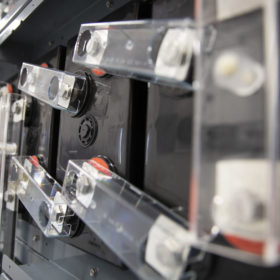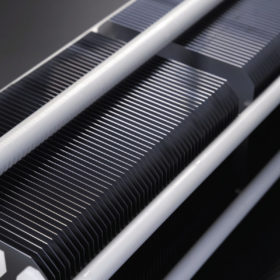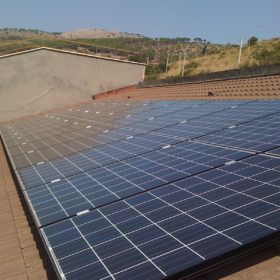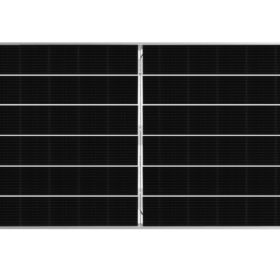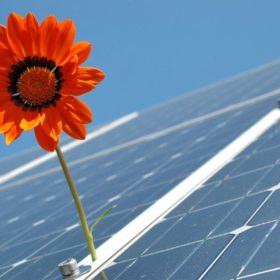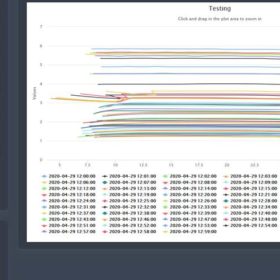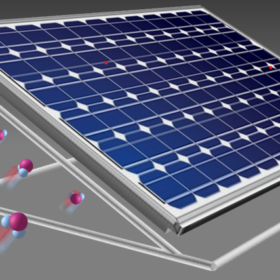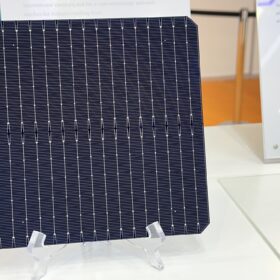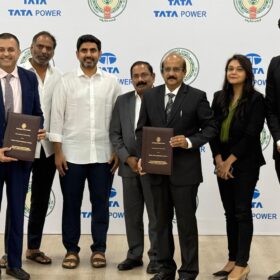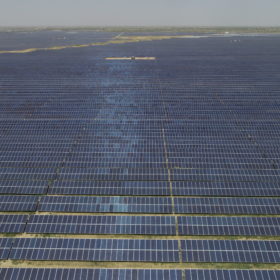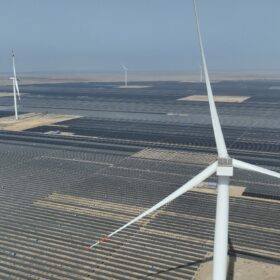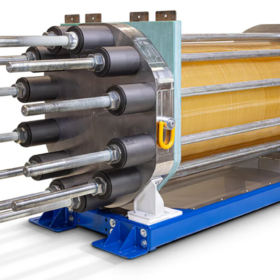Three signs that battery energy storage is mainstream today
With the inclusion of battery energy storage into new building codes and safety standards, it’s obvious just how mainstream storage is today.
The long read: Carriers key for quality cell surfaces
The path to lower solar LCOE can be painful; just ask a PV manufacturer. However, ever-larger crystalline wafers may cause more pain than they are worth, argues Gerry Knoch, the managing director of wet bench provider exateq. For high efficiency, eliminating cross contamination in wet processes is vital and can be achieved – with carriers playing an important role.
Italian homeowners can now install PV systems for free
The Italian government has raised the tax breaks it offers for building renovations and energy-requalification projects – potentially including storage-backed rooftop PV systems – to 110%. The new measure is part of the Relaunch Decree, which is a package of guidelines aimed at reviving the Italian economy in response to the Covid-19 crisis.
Globally, electric vehicles show more resilience than conventional cars during Covid-19 shock
EV sales are set to be 1.7 million off because of the economic fallout of the Covid-19 crisis, however analyst BloombergNEF predicts that will be less of a hit than the anticipated fall in sales of conventional cars, increasing the penetration of electric models into the overall market.
Jinko launches PV module with record output of 580 W
The panel is part of the company’s new Tiger Pro series, which includes two 530 W modules and a 430 W product for distributed-generation applications. It will begin production of the series in the fourth quarter, although it will start accepting first orders immediately.
New method for life cycle assessment of PV technologies
Researchers in Australia have conducted a ‘cradle to grave’ life cycle assessment (LCA) of the four most widely used PV technologies. The academics say that cadmium telluride solar modules have the lowest life cycle impact, followed by amorphous, multi and monocrystalline silicon products.
The long read: Understanding LeTID
Light- and elevated temperature-induced degradation (LeTID) of PV cells can have far-reaching impacts on the efficiency of modules. Alison Ciesla and Brett Hallam of the University of New South Wales argue that accelerated testing, such as that included in the forthcoming IEC standards, is critical for LeTID identification and quantification in order to manage these impacts.
A new device to detect PV panel failure
A Spanish start-up has developed a system which offers automated fault detection in solar panels at any scale.
Solar canopies can put PV panels in some new and interesting places
A major advantage of this design is the ability to string cables over a longer distance without the support needed in traditional racking approaches.
Harvesting atmospheric water to cool down PV panels
Scientists from Saudi Arabia have proposed a new PV panel cooling technique which employs an atmospheric water harvester. The device uses waste heat from the PV panel to collect atmospheric water at night and then releases it during the day to cool down the module. The researchers claim the device may also be improved to produce liquid water, which could be used for the cleaning of the modules.
